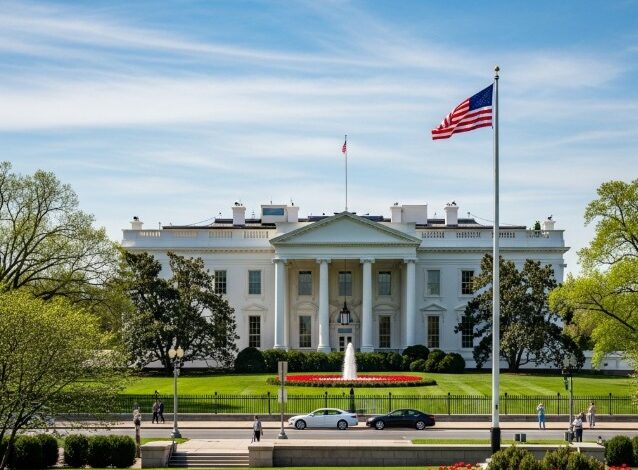IRS Could Soon Track Americans’ Crypto Abroad Under Treasury Proposal

The White House has begun reviewing proposed rules from the U.S. Treasury that could align the United States with a global framework for reporting digital assets.
The move highlights progress toward harmonizing U.S. policy with international efforts to curb offshore crypto tax evasion, following months of internal discussions on how to maintain the country’s leadership as cross-border reporting standards tighten.
The proposal would allow the Internal Revenue Service (IRS) to access information on foreign cryptocurrency accounts held by U.S. taxpayers. Officials argue this access would help the IRS track offshore holdings and enforce tax obligations tied to digital assets stored abroad, without overhauling domestic reporting requirements.
The framework in question, the Crypto-Asset Reporting Framework (CARF), was established in 2022 by the Organisation for Economic Co-operation and Development (OECD). CARF enables participating countries to automatically exchange data on cryptocurrency accounts and monitor digital assets held overseas. Its primary goal is to reduce tax evasion by increasing transparency across jurisdictions.
Several major economies have already adopted CARF, including G7 nations such as Japan, Germany, France, Canada, Italy, and the United Kingdom. Leading crypto hubs like Singapore, the Bahamas, and the UAE have also agreed to participate, reflecting a broader global push toward standardized digital asset regulation.
Advisors to President Donald Trump previously endorsed U.S. membership in CARF, noting that it would prevent taxpayers from moving funds to offshore markets while strengthening the domestic crypto ecosystem. The White House’s summer policy document called for federal agencies to continue assessing CARF’s implementation, emphasizing the need to keep the U.S. competitive in the growing digital asset market.
Importantly, the document specifies that CARF regulations should not impose additional reporting requirements on decentralized finance (DeFi) transactions, ensuring these innovative platforms are not subjected to overlapping compliance layers during evaluation.
The Treasury plan is now undergoing comprehensive review by presidential advisors. Once approved, the U.S. will be prepared to coordinate with other countries ahead of CARF’s expected rollout in 2027. Officials describe this review stage as crucial for determining how the country will balance foreign innovations with domestic policy priorities.





